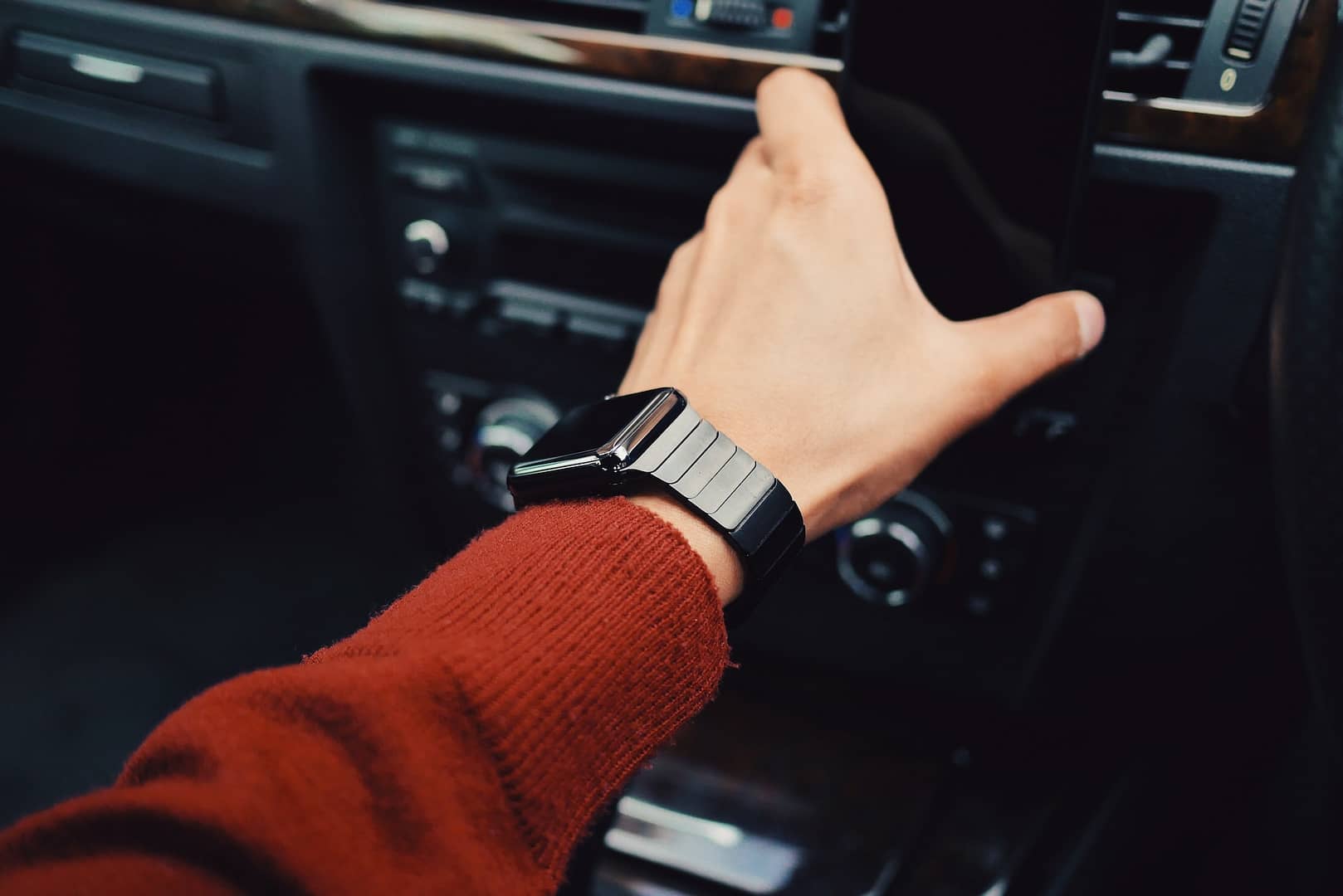Driving through the picturesque landscapes and bustling streets of the United Kingdom can be a delightful experience. The rolling hills, charming villages, and historic landmarks make for a captivating backdrop. However, as you navigate the roads, it’s crucial to keep your focus on the task at hand – driving safely. One of the biggest challenges drivers face today is distractions. In this article, we will delve into the common driving distractions in the UK, shed light on the top three distractions that plague our roads, and discuss strategies to stay vigilant and undistracted behind the wheel. Learn how to start a housing disrepair claim with us too in this article.
Understanding the Distractions
Before we dive into the specifics, it’s essential to grasp what distractions mean in the context of driving. Distractions are any activities that divert your attention away from the road, potentially endangering yourself, passengers, and other road users. These distractions can be classified into three primary categories: visual distractions, manual distractions, and cognitive distractions.
Visual Distractions
Visual distractions involve taking your eyes off the road. Whether it’s gazing at a fascinating roadside attraction or fumbling to find something in your car, these distractions can lead to accidents. They include activities like looking at your phone, reading a map, or staring at a roadside billboard.
Manual Distractions
Manual distractions require taking your hands off the steering wheel. Such actions can be particularly perilous, as they reduce your ability to control the vehicle. Examples of manual distractions include texting, eating, adjusting the radio, or reaching for something in the backseat.
Cognitive Distractions
Cognitive distractions involve diverting your mental focus from driving. Even if your eyes are on the road and your hands are on the wheel, cognitive distractions can impair your decision-making and reaction time. Daydreaming, engaging in intense conversations, or worrying about personal matters can all fall into this category.
Now that we have a clear understanding of what driving distractions are, let’s take a closer look at some common distractions that drivers in the UK often encounter.
The Top 3 Distractions While Driving
While numerous distractions can plague drivers, three of them stand out as particularly prevalent and hazardous in the UK.
Mobile Phones: The Silent Menace
One of the most significant contributors to distracted driving in the UK is the use of mobile phones. It’s a problem that transcends age, gender, and experience level. The allure of a buzzing notification or the temptation to respond to a text message can be irresistibly strong, even for the most responsible drivers.
In-Car Entertainment Systems: The Temptation of Entertainment
Modern vehicles come equipped with sophisticated in-car entertainment systems that offer a wide range of distractions. From touchscreen controls to voice-activated features, these systems provide ample opportunities for drivers to take their eyes, hands, and minds off the road.
Passengers: The Conversational Challenge
Conversations with passengers can be delightful, but they can also be incredibly distracting. Engaging in lively discussions, especially with multiple passengers, can lead to cognitive distractions, causing drivers to lose focus on the road ahead.
Strategies for Staying Undistracted Behind the Wheel
Now that we’ve identified the top three distractions, it’s crucial to discuss strategies for staying undistracted while driving in the UK. These practical tips can help you maintain your focus and reduce the risk of accidents.
Mobile Phone Discipline
To combat mobile phone distractions, adopt the following practices:
- Use a hands-free device: Invest in a Bluetooth headset or car kit to enable hands-free calling.
- Activate Do Not Disturb mode: Turn on the “Do Not Disturb” mode on your phone to mute notifications while driving.
- Pull over for emergencies: If you must make or take a call, find a safe place to pull over and park before using your phone.
- Plan routes in advance: Use navigation apps to plan your route before starting your journey, reducing the need for phone interaction.
Master Your In-Car Entertainment System
To make the most of your in-car entertainment system without compromising safety:
- Familiarise yourself: Spend some time becoming familiar with the controls and features of your vehicle’s entertainment system.
- Preload playlists or podcasts: Create playlists or download podcasts before you start driving to minimise the need for on-the-road selections.
- Use voice commands: If your system supports voice control, make use of it to change music or make calls without touching the screen.
Manage Conversations with Passengers
Maintaining a balance between socialising and driving safety with passengers involves:
- Set ground rules: Before embarking on a journey, establish ground rules with your passengers about acceptable conversation levels and timing.
- Designate a co-pilot: If you have a co-pilot, let them handle navigation and conversations, allowing you to focus solely on driving.
- Pull over when necessary: If a conversation becomes intense or distracting, don’t hesitate to pull over safely to continue discussions.

Making a Road Traffic Accident Claim
In addition to the risks associated with driving distractions, it’s essential to be prepared for unforeseen accidents. If you find yourself involved in a road traffic accident due to the negligence of a distracted driver or for any other reason, knowing how to make a road traffic accident claim can be crucial. Here, we’ll briefly outline the steps to take in such a situation.
Ensure Safety
First and foremost, ensure your safety and the safety of others involved in the accident. If possible, move your vehicle to a safe location and check for injuries.
Contact the Authorities
In the UK, it’s essential to contact the police if the accident results in injuries or significant damage. They will create an accident report, which can be vital for your claim.
Exchange Information
Exchange information with the other parties involved, including names, addresses, phone numbers, insurance details, and vehicle registration numbers.
Gather Evidence
If it’s safe to do so, take photographs of the accident scene, vehicle damage, and any relevant road signs or signals. These can serve as crucial evidence.
Seek Medical Attention
Even if you don’t think your injuries are severe, it’s advisable to seek medical attention promptly. Some injuries may not manifest immediately but could have long-term consequences.
Consult a National Claims
If you believe you were not at fault and wish to pursue a personal injury claim, consult with National Claims, where we specialise in road traffic accidents. Our claims specialists can guide you through the claims process and help you understand your rights.
Document Expenses
Keep records of all expenses related to the accident, including medical bills, vehicle repair costs, and any other out-of-pocket expenses.
Remember that the process of making a road traffic accident claim can be complex, and each case is unique. Consulting with National Claims is essential to ensure that you receive the compensation you deserve if you’ve been injured in an accident caused by someone else’s distraction or negligence.
Conclusion
Driving in the United Kingdom, while often picturesque and enjoyable, comes with its share of distractions. Whether it’s the allure of mobile phones, the temptations of in-car entertainment systems, or the challenges of managing conversations with passengers, staying focused on the road can be a constant battle. However, understanding these distractions and implementing practical strategies can significantly reduce the risks associated with them.
Mobile phone discipline, mastering your in-car entertainment system, and managing conversations with passengers are all crucial steps towards safer driving. By following these guidelines, you not only protect yourself and your passengers but also contribute to the overall safety of UK roads.
Additionally, in the unfortunate event of a road traffic accident, knowing the steps to make a claim and seeking legal assistance if necessary can help you navigate the complex process and secure the compensation you deserve.
In conclusion, while distractions are prevalent on UK roads, awareness and responsible driving can make a significant difference. Stay vigilant, stay undistracted, and make every journey a safe and enjoyable one.
Start your claim with us today and contact us to be put in touch with one of our helpful claims specialists.
Click below to see why we are one of the most trusted claims management companies in the UK.

We’re proud of our excellent customer reviews
We thrive on delivering exceptional service and ensuring our clients’ satisfaction. Don’t just take our word for it. Check out some of our independent reviews to see what our clients have to say.
Excellent

This firm is excellent, they sorted out my car pay out and injury claim very fast, they always communicate with you all the time.

My accident case was dealt with confidence and with great result of the outcome, especially James kept me informed all the time.

I was very impressed at the way my inquiry was treated. I was listened to attentively and everything I needed to know was explained to me.






